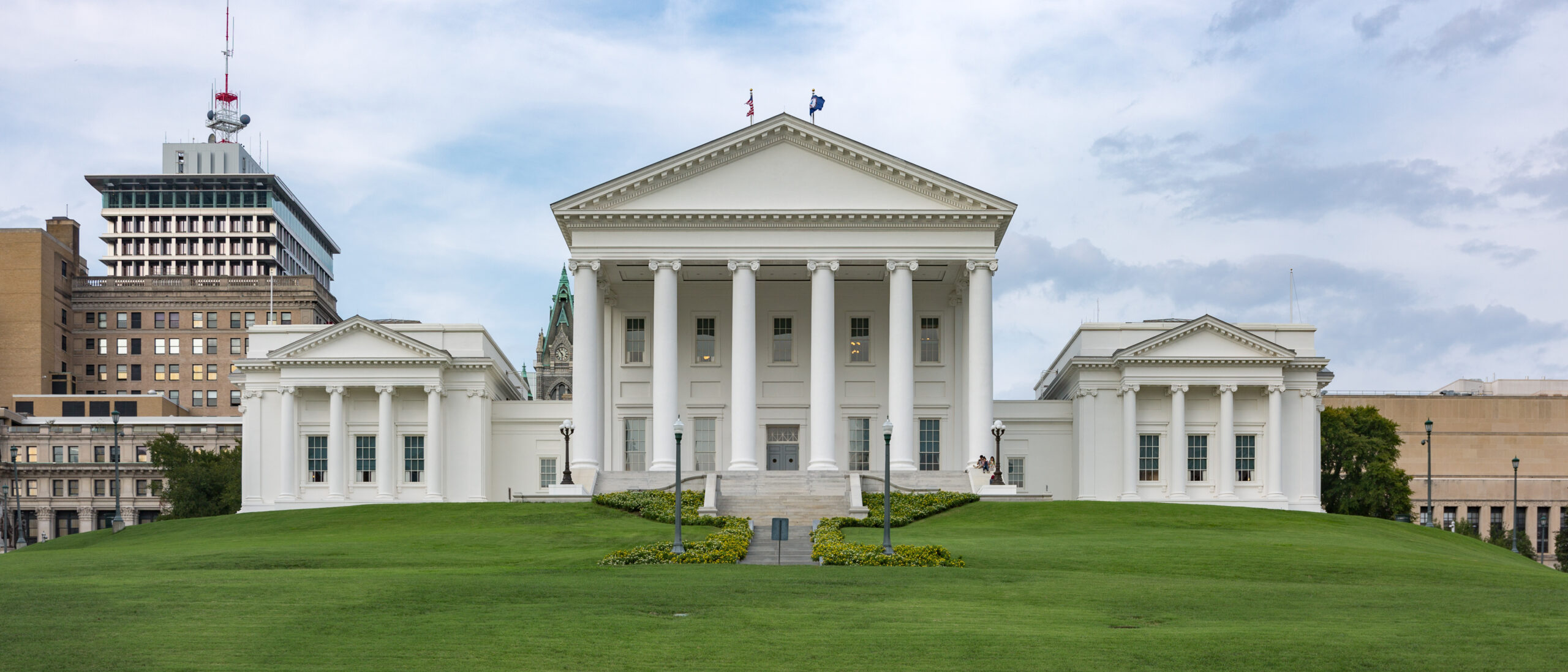We wrapped up the first week of the 2022 General Assembly Session with the Inauguration of Governor Glenn Youngkin, Lieutenant Governor Winsome Sears, and Attorney General Jason Miyares. With both the House of Delegates and the Senate duly organized and the new Administration in place, the pace of Session will pick up very quickly.
Your VRF team is up at the Capitol representing the retail voice on any issues that impact the industry. As in years past, we will be sending out Action Alerts on...

